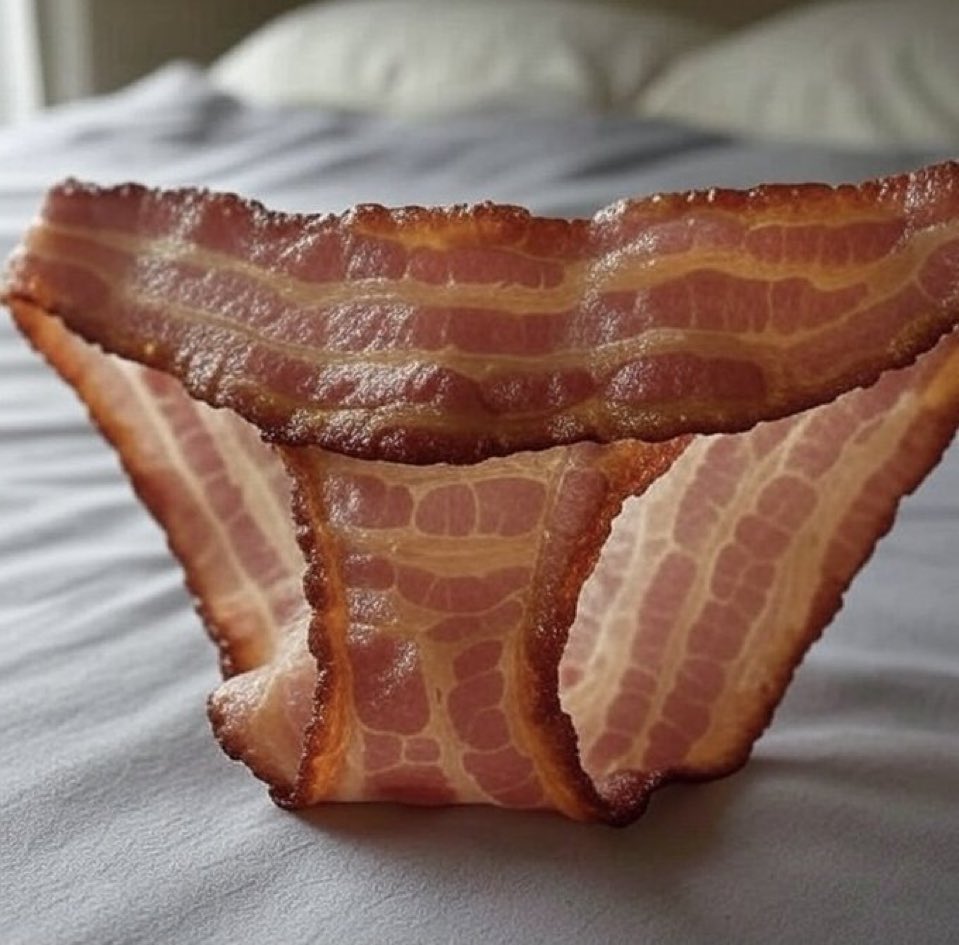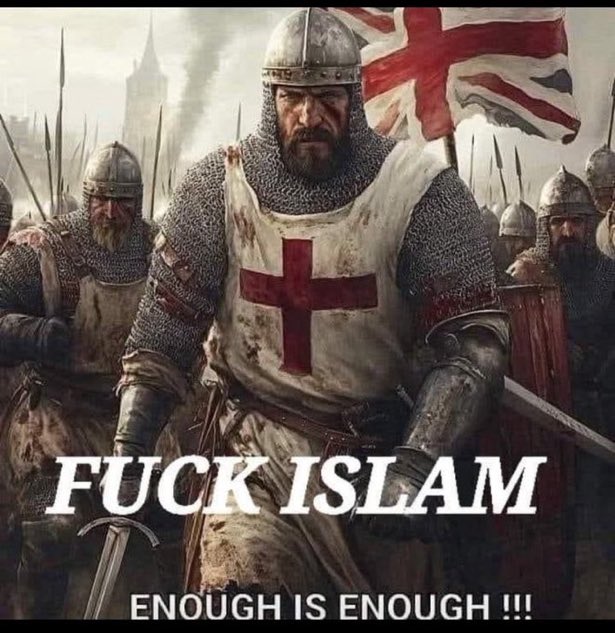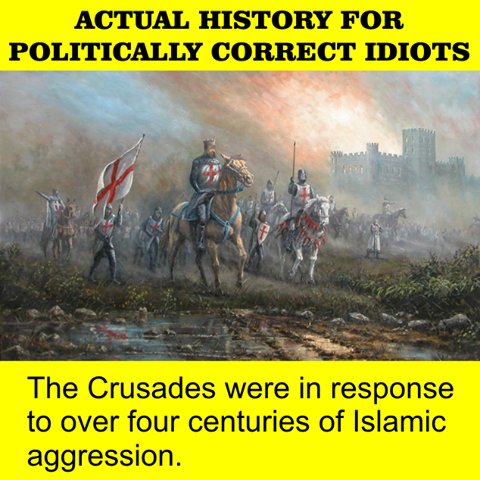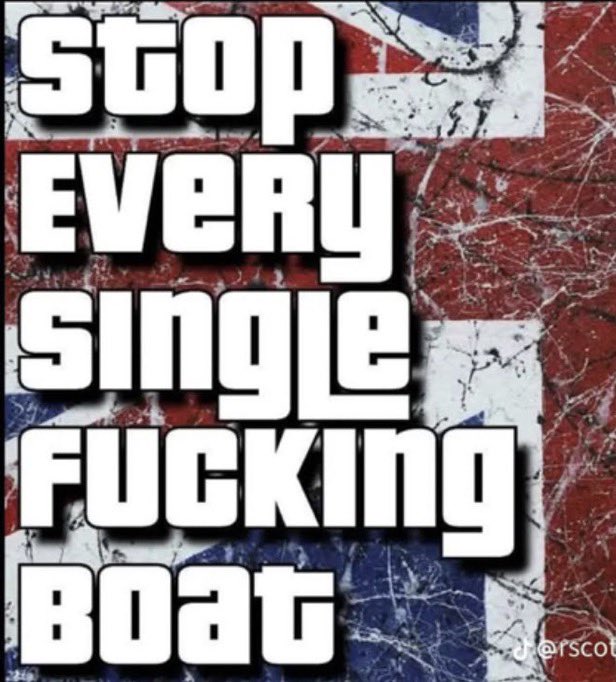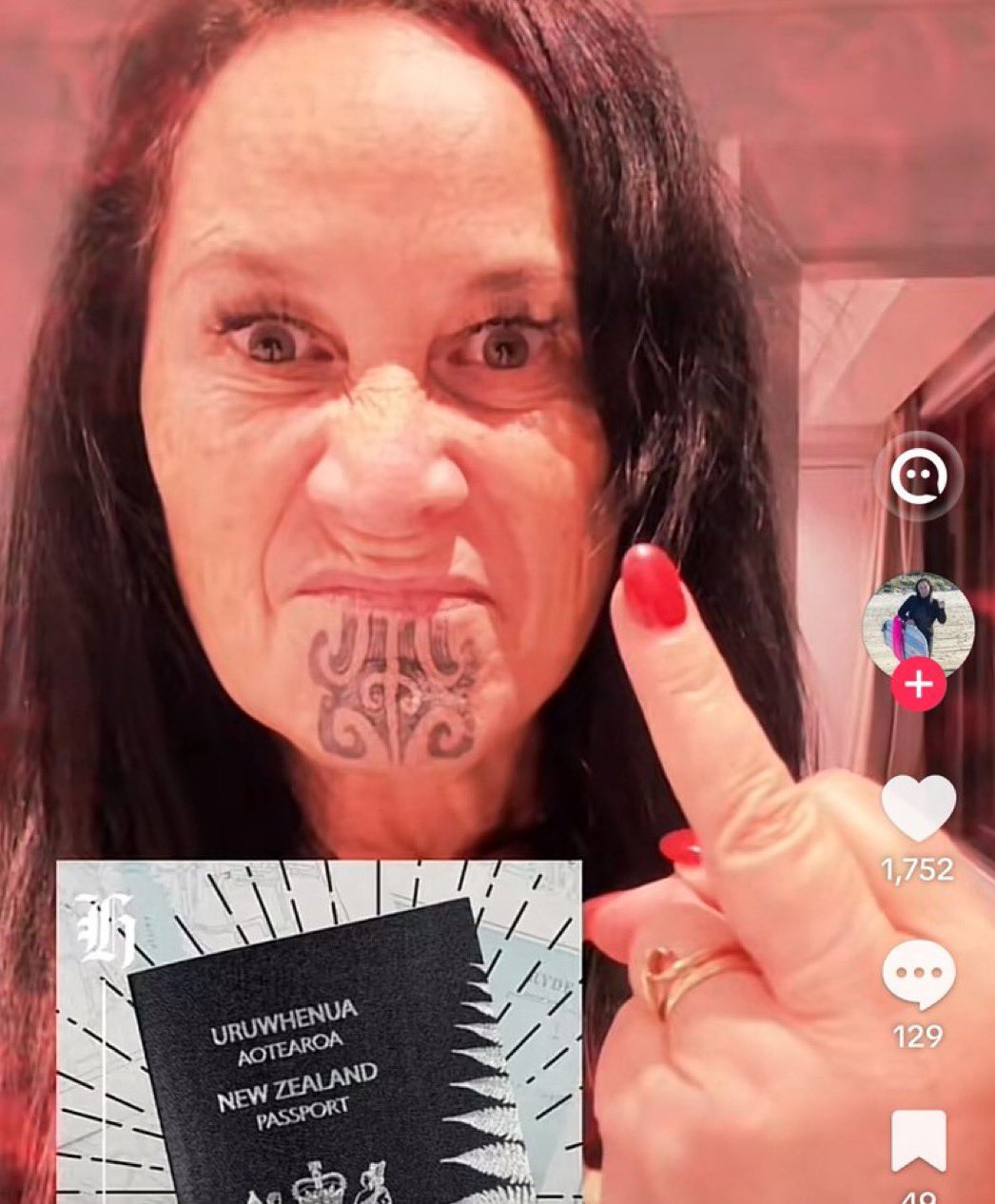
Charlie Kirk has GREAT genes

13 September 2025 marks the very first Thank a Coloniser Day.
This is a day to show appreciation to colonisers for all the good things they have done. Without their influence, this country would still be covered in grass huts, the kiwi would probably be extinct, and cannibalism would still be rife. On Saturday we can thank a coloniser for our warm homes, beef and lamb, blankets, cars, phones, and even the internet. Proudly sponsored by

Oh so good

Global Warming at it’s best LOL

The truth is out there
https://x.com/NZMAGAMike/status/1960508360383488151
This is the best
God’s food
Anti-migrant underwear.
Fuck Yes
Look at this Racist Whore. Shouldn’t be in Parliament
Looks like it missed a few Tanning jobs,
Is that traditional maori nail polish & gold rings deb?..Oh, by the way, the barcode is not symetrical, no need to thank me tho, Fucking moron.



